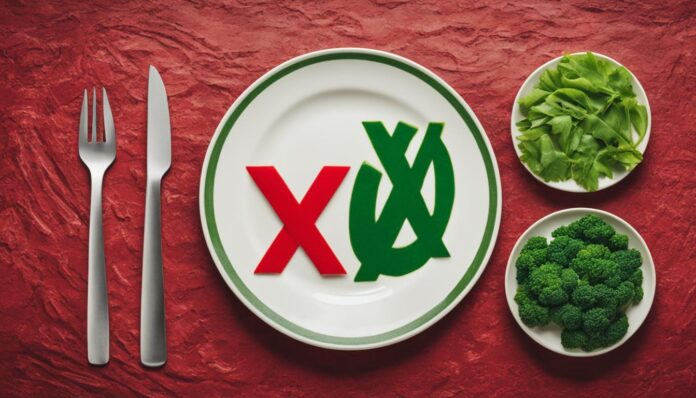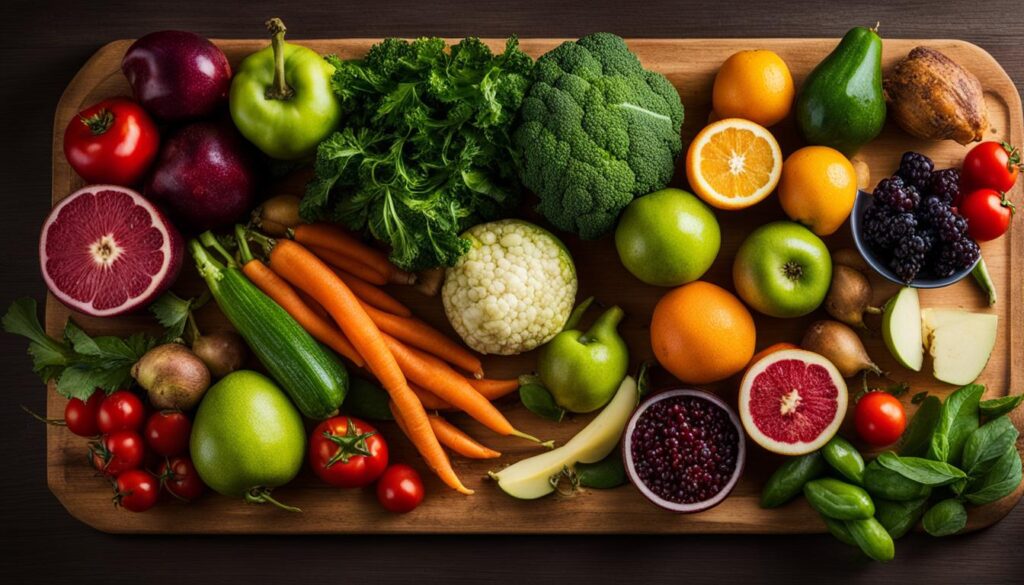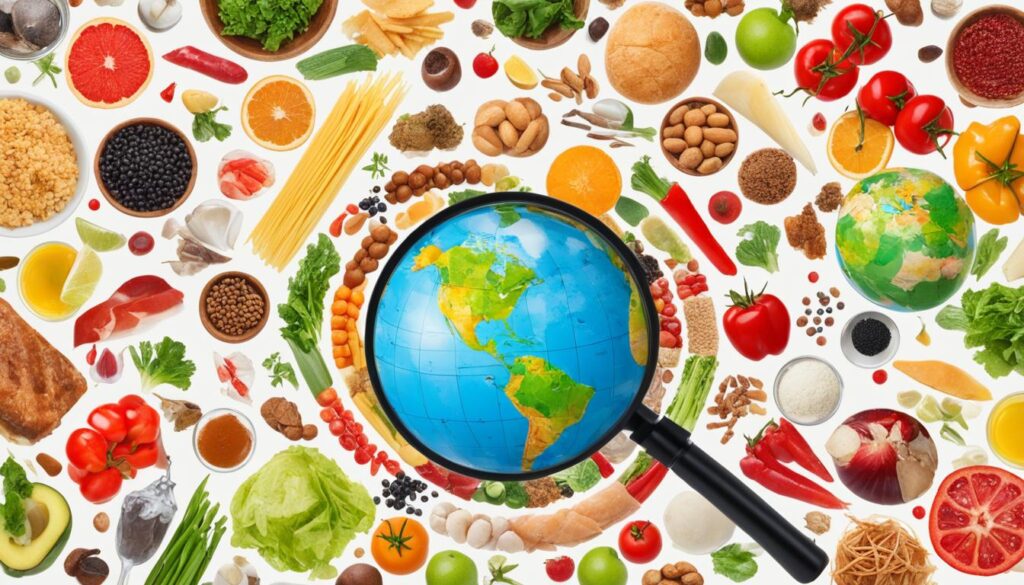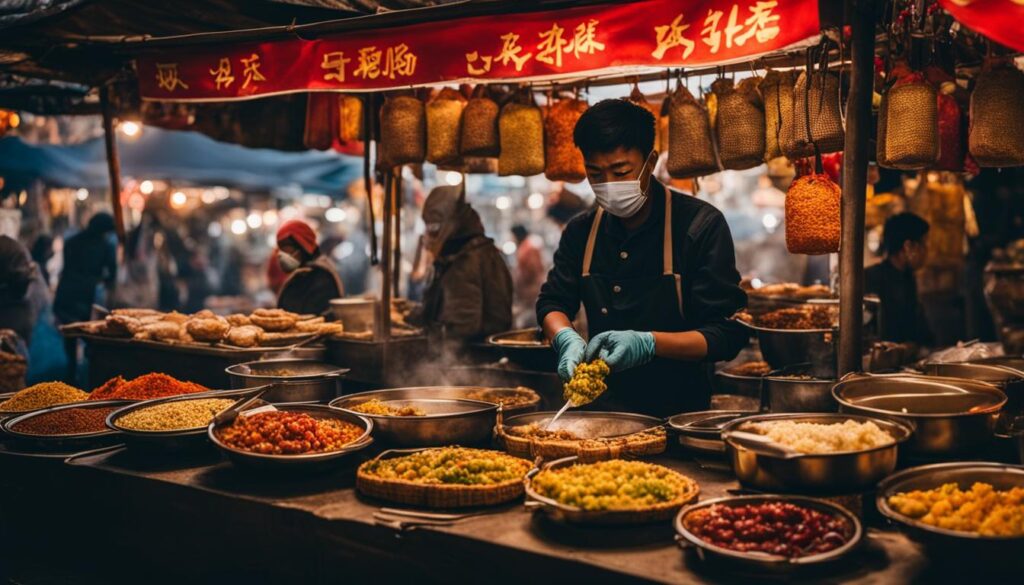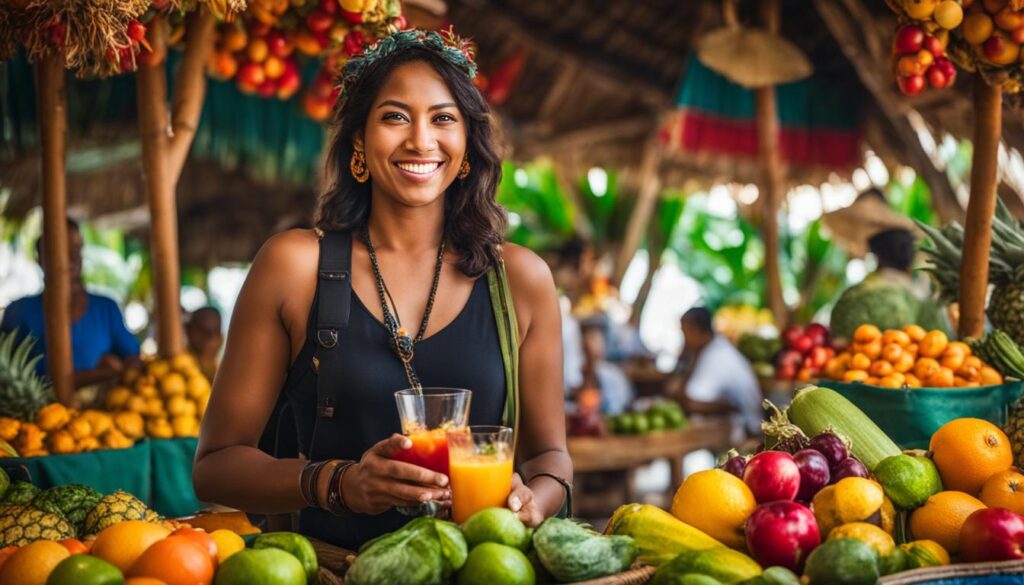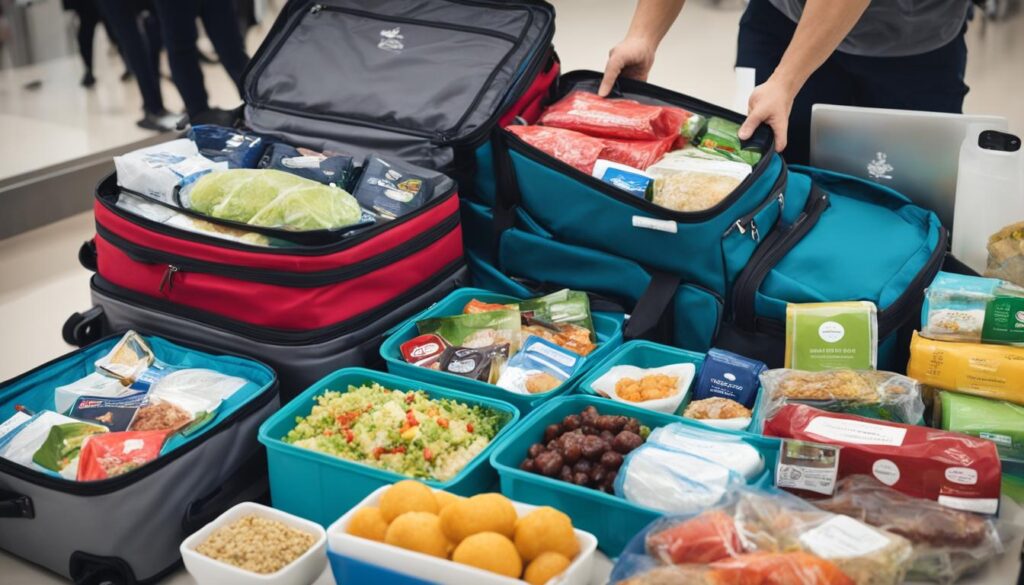Are you planning an international trip and looking for ways to protect yourself from foodborne illnesses while traveling? It’s essential to be mindful of food safety to prevent health issues and have a memorable trip.
In this article, we’ll discuss the reasons why food safety is crucial during international travel and provide practical food safety tips for travelers. We’ll cover topics such as researching local cuisine, selecting safe food options, safe drinking water, recognizing risky foods, and handling food allergies and dietary restrictions.
By following these food safety tips, you can protect yourself and have a safe and enjoyable trip. Let’s dive in and learn more.
Why Food Safety is Crucial During International Travel
Traveling internationally is an exciting experience, but it can also pose potential risks to your health, especially when it comes to food safety. As an international traveler, it is essential to prioritize your food safety to prevent foodborne illnesses and ensure an enjoyable trip.
Unsafe food can cause nausea, vomiting, diarrhea, and other unpleasant symptoms that can interfere with your travel plans. In some cases, it can even lead to hospitalization, which can be incredibly costly and ruin your trip.
It’s crucial to be aware of the food safety standards in the country you’re visiting and the potential risks associated with the local cuisine. Additionally, international travel can expose you to unfamiliar food ingredients and preparation methods, which can be particularly challenging if you have food allergies or restrictions.
By prioritizing food safety and taking appropriate precautions, you can minimize the risks associated with foodborne illnesses and ensure a healthy and memorable trip.
Researching Local Cuisine and Food Safety Standards
One of the best ways to protect yourself from foodborne illnesses while traveling is to research local cuisine and food safety standards before you leave. This can help you identify safe places to eat and avoid risky foods.
Start by researching the local dishes and ingredients, and familiarizing yourself with the potential risks associated with them. Look for information on food safety regulations in the country or region you plan to visit, and pay attention to any warnings about particular foods.
When planning your trip, consider reaching out to local food bloggers or foodie groups for recommendations on trusted establishments. They may have insider knowledge about restaurants or food markets that adhere to high food safety standards.
If possible, book a cooking class or food tour upon arrival, as this can provide a great opportunity to learn about local cuisine and how to prepare it safely.
Tip: Use caution when dining at street food vendors, as they may not follow proper food handling practices. Be wary of buffets and communal serving dishes, as they can increase the risk of contamination.
Food Safety Resources
The following resources can help you find reliable information about food safety when traveling:
| Resource | Description |
|---|---|
| FDA Food Safety Guidelines | The US Food and Drug Administration provides comprehensive food safety guidelines for travelers on its website. |
| US Department of Agriculture | The USDA offers information on food safety regulations and agricultural practices around the world. |
| Bureau of Consular Affairs | The US Department of State’s Bureau of Consular Affairs provides safety tips for travelers, including advice on food and water safety. |
By researching local cuisine and food safety standards, you can enjoy your travels while staying healthy and safe. Remember to always prioritize your health and well-being, and do not be afraid to ask questions or voice any concerns about the food you are consuming.
Choosing Safe Food Options While Abroad
Staying safe with food abroad is crucial to avoid foodborne illnesses. To ensure you consume safe food while traveling, follow these guidelines for safe food consumption while traveling:
- Avoid street food vendors, as the food might be contaminated or not prepared under hygienic conditions.
- Check for proper food handling practices while choosing a restaurant or a food stall. Ensure the food is well-cooked and served hot.
- Opt for cooked foods instead of raw or undercooked meats and seafood.
- Steer clear of unpasteurized dairy products, as they carry a higher risk of foodborne illnesses.
- Avoid fruits and vegetables that have been peeled or washed with tap water, and only consume them if they have been cooked.
You can also pack your own food, such as energy bars or dry fruits, to ensure you have access to safe food options during your trip.
Choosing safe food options while abroad can be challenging. However, by following these guidelines, you can minimize your risk of contracting a foodborne illness.
Drinking Water and Beverages Safely
When traveling abroad, it’s crucial to pay attention to what you drink to avoid getting sick. Unsafe drinking water can cause many different illnesses, including diarrhea and vomiting, which can quickly ruin your trip. To protect yourself from foodborne illnesses, here are some food safety precautions for international trips when it comes to consuming beverages:
Avoid Tap Water
Tap water in most foreign countries may not be safe to drink, so avoid drinking it whenever possible, including brushing your teeth. Instead, opt for bottled water or water that has been boiled or treated with a filtration system. Make sure the water bottle you purchase is properly sealed to ensure it’s safe to drink.
Be Cautious With Ice and Beverages
Ice may seem harmless, but it’s often made with tap water, which poses a risk for contamination. It’s best to avoid ice altogether or only consume ice that has been made from safe water sources. Additionally, be cautious of other beverages like fresh-squeezed juice or cocktails made from fresh fruit. These drinks may not have been prepared in sanitary conditions, and the fruit used to make them may have been washed in contaminated water.
If you’re unsure about the safety of any beverage, it’s best to skip it altogether. It might be disappointing, but it’s better than getting sick on your trip. Remember, food safety precautions for international trips are essential to having a memorable and enjoyable experience.
Safe Food Preparation and Storage
When traveling, it’s important to practice safe food preparation and storage to protect yourself from foodborne illnesses. Here are some tips to follow:
- Wash fruits and vegetables: Rinse all produce thoroughly with clean water before consuming.
- Practice good hygiene: Wash your hands frequently with soap and water, especially before handling food.
- Store perishable food properly: Keep perishable items like dairy and meat products refrigerated and consume them before their expiration dates.
By following these simple food safety practices, you can reduce the risk of contracting a foodborne illness while traveling and enjoy your trip to the fullest.
Recognizing and Avoiding Risky Foods
When traveling abroad, it’s important to be aware of the potential risks associated with consuming certain foods. By recognizing and avoiding risky foods, you can protect yourself from foodborne illnesses and ensure a safe and enjoyable trip.
| Risky Foods | Precautions |
|---|---|
| Raw or undercooked meats | Avoid consuming raw or undercooked meats, and opt for fully cooked options. Ensure that any meat dishes are cooked thoroughly, with no pink or red centers. |
| Unpasteurized dairy products | Avoid consuming unpasteurized dairy products, such as raw milk or soft cheeses made from unpasteurized milk. Opt for pasteurized dairy products instead. |
| Foods prone to contamination | Avoid foods that are left out in the open or have been prepared in unsanitary conditions. Opt for freshly prepared foods and avoid dishes that have been sitting out for long periods of time. |
By taking these precautions and being mindful of the foods you consume, you can enjoy your travels without compromising your health.
Handling Food Allergies and Dietary Restrictions
If you have food allergies or dietary restrictions, it’s important to take extra precautions while traveling internationally to ensure your safety. Follow these food safety tips for travelers with these specific needs:
- Communicate your needs clearly to restaurant staff and chefs. Learn how to say “I have a food allergy” or “I am a vegetarian” in the local language.
- Research local cuisines and restaurants ahead of time to find options that meet your dietary needs.
- Carry necessary medications and emergency contact information in case of an allergic reaction.
Note: It’s also a good idea to bring non-perishable snacks in case of limited food options or unexpected delays during your travels.
“I always make sure to research local restaurants and food options before traveling to ensure I can safely enjoy the local cuisine without risking an allergic reaction.” – Sarah Adams, frequent traveler with severe nut allergy
Conclusion
When traveling internationally, it’s crucial to prioritize your health and safety by being mindful of food safety. By following these food safety tips, you can protect yourself from foodborne illnesses and ensure a memorable trip.
Remember to research local cuisine and food safety standards before your trip, and always choose safe food options. Be cautious with drinking water and beverages, and practice safe food preparation and storage. Recognize and avoid risky foods, and manage food allergies and dietary restrictions appropriately.
By remaining vigilant and prioritizing food safety, you can enjoy the excitement of traveling abroad without compromising your health. Have a safe and enjoyable trip!




























